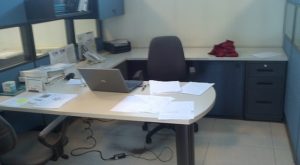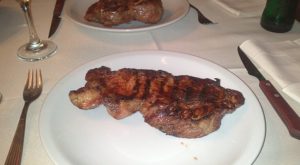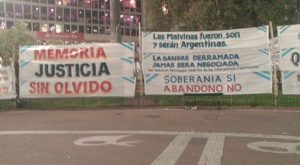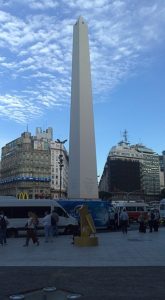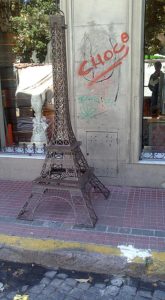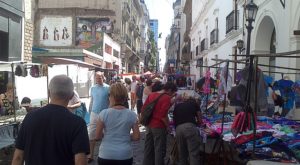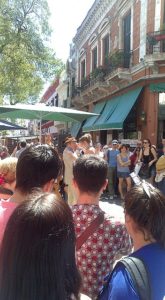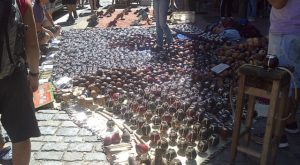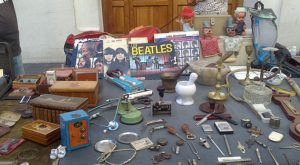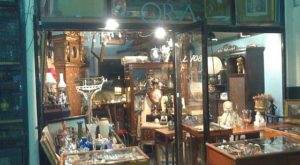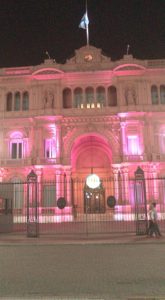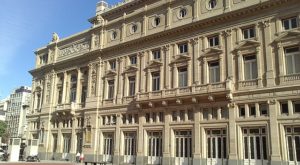My week in the Argentinean capital was the last of my whole trip. After flying in from Mendoza, I spent Monday to Friday, 9 – 5 working at a German company that has offices out here. Evenings were spent wandering and the weekend I went off to see the sites.
The work experience was organised in principle back in London, and then finalised when out on the road. I had very informative week learning more about the Argentinean economy, and how an international company operates within the complex environment. After a few trips around the plant (they produce components for elevators) I was largely at my desk working on a report to send back to HQ.
My hostel was in a gritty, trendy neighbourhood of the city called San Telmo. On Sunday there was a huge market with all sorts of handmade products being sold by the street vendors up and down the avenues.
On my final evening, after resolving a money issue, I went for dinner with a girl from the hostel who was out researching the politics of agro-business in the region. All very interesting. After moving indoors from a thunderstorm, the tables in the restaurant were cleared and a couple of tango dancers took the floor. They both had moves. We then put the world to rights back at the hostel over a glass of red.
On one of the wanders I got to see some of the impressive and interesting sites in the city. The boulevards, bourgeois and book shops were evidence of Bs As being the Paris of Latin America.
The hot topic at this time was the issue of the Falklands/ Malvinas. Near one of the plazas was a public display calling for justice, and how the islands were rightfully their’s. On the day I left, the islanders voted in a referendum on what the sovereignty should be.
In defiance of what could have been a divisive political issue, my Argentinean boss for the week and I went out lunch and a tour of the city on the glorious Sunday afternoon. It ended up being a driven sightsee, through the different suburbs and neighbourhoods, and once again conversation gravitated towards sport. Or rather, how the English had invented most of the important ones in the world.
Buenos Aires was more or less run by British companies during the turn of the 20th Century (when it also had the 5th highest GDP in the world) and there are still remnants of this legacy today. All the ironwork at the port still bear the name of English companies from over 100 years ago.
With the important aspects of British and Argentinean history covered we drove into a glorious sunset to the outskirts of the city. Here it was out the car and into the airport to check in to my flight. The next time I would leave the terminal ecosystem a day or so later, I would be stepping on English soil, and the whole trip would be officially over…
